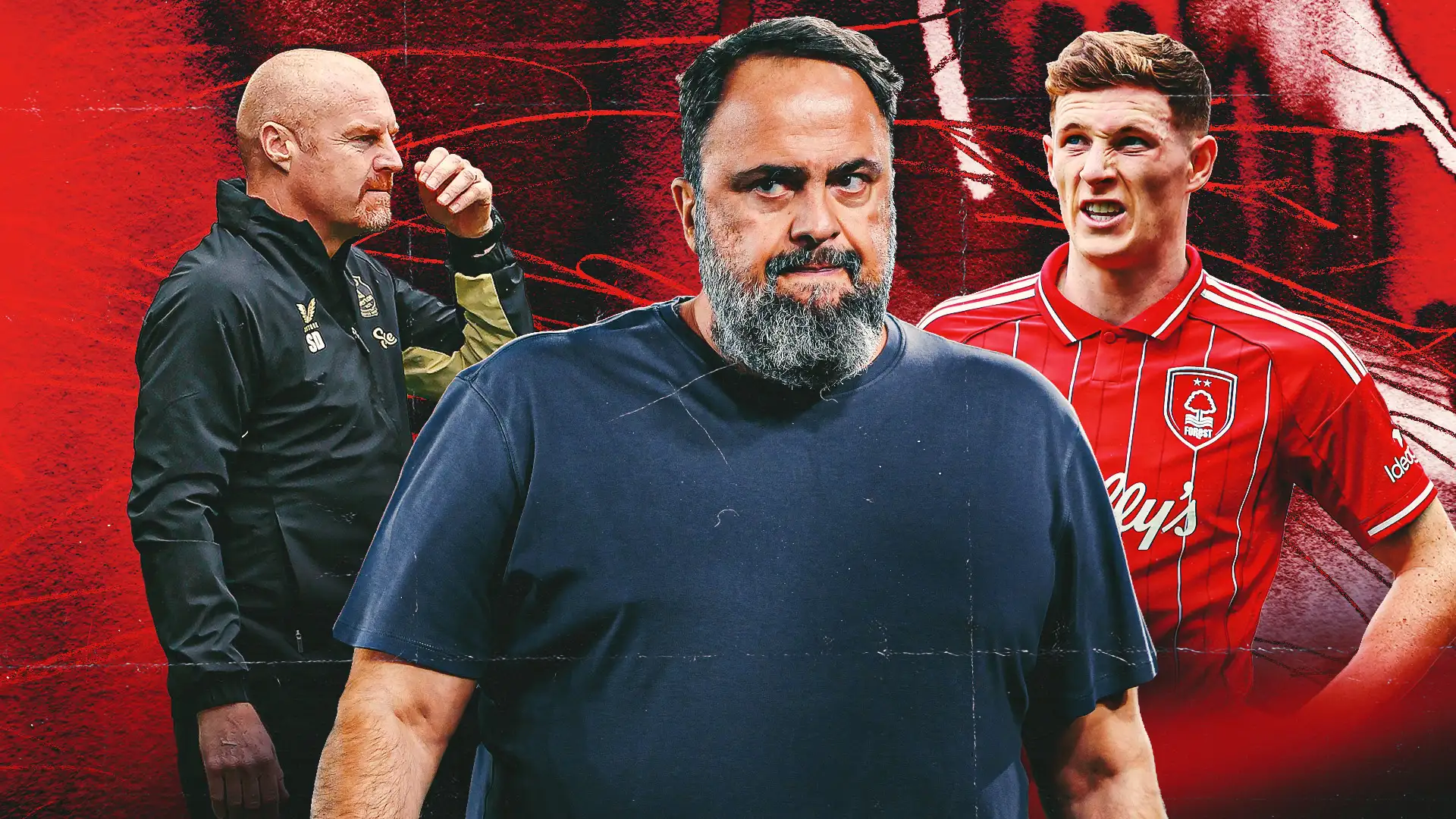
Crisis at the City Ground: How Nottingham Forest Went from Top-Four Fight to Relegation Battle
From Dream to Disaster
Just six months ago, the City Ground was rocking. Nottingham Forest were riding the crest of a wave, pushing for a top-four finish in the Premier League under Nuno Espírito Santo. They weren’t just surviving anymore — they were thriving. When Anthony Elanga’s early strike sank Manchester United in April, Forest sat third in the table with eight games to play. The Champions League dream was real, tangible, within reach.
Fast-forward to mid-October and that dream has turned into a nightmare. Forest, once hailed as English football’s most heartwarming revival story, now find themselves in 17th place, with only one win in eight Premier League matches. They’ve scored just five goals — the joint-lowest in the division — and were dumped out of the Carabao Cup by Championship side Swansea. Their European adventure has also stumbled, starting with a draw against Real Betis and followed by a humiliating 3-2 home defeat to FC Midtjylland.
The result? Two managers sacked in less than two months, chaos behind the scenes, and talk that Sean Dyche — the Premier League’s resident firefighter — could be called in to steady the ship. So, how did it all go so wrong, so fast?
The Rise That Fooled Everyone
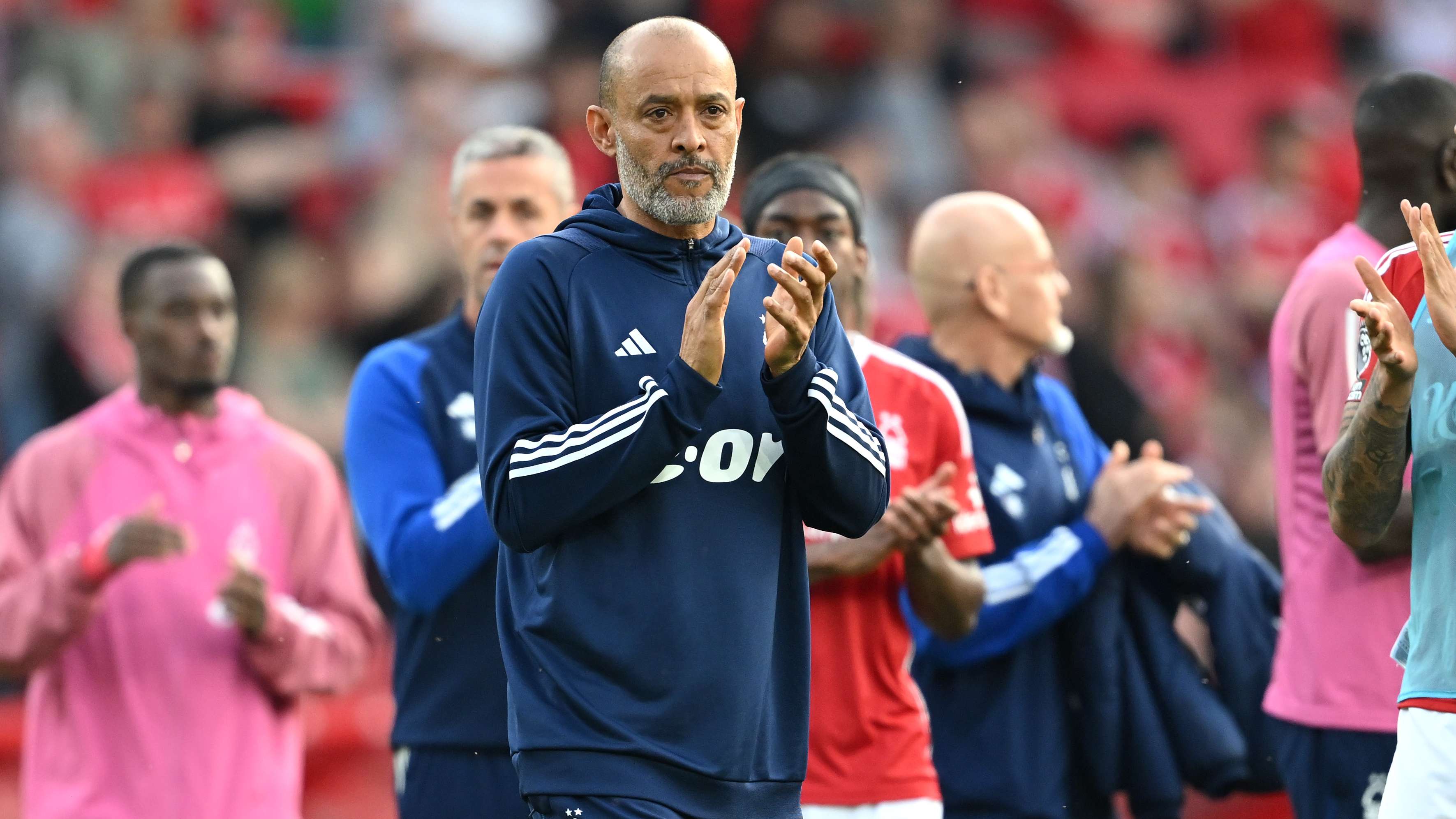
Nottingham Forest v Chelsea FC – Premier League
Last season, Forest’s seventh-place finish was celebrated like a trophy. They’d been clinging to survival the year before, but under Nuno, everything seemed to click. Chris Wood rediscovered his scoring touch, racking up 20 league goals — his best-ever return. Morgan Gibbs-White was dazzling in midfield. The backline, marshalled by Murillo and Niakhaté, looked impenetrable. The City Ground felt alive again.
Their qualification for Europe (helped along by Crystal Palace’s UEFA ownership punishment) seemed to confirm what supporters dared to believe: the sleeping giant was awake. Thirteen new signings arrived in the summer, among them Bologna winger Dan Ndoye, Ipswich wonderkid Omari Hutchinson, and Brazilian forward Igor Jesus. On paper, Forest looked ready to take the next step.
But in hindsight, that success was built on sand. Wood’s overperformance — scoring six more goals than his expected tally — masked deeper structural issues. Forest’s game plan was brutally simple: defend deep, counter fast, and pray the big man up top would finish. It worked brilliantly for a while, but once opponents figured them out, there was no plan B.
As GOAL writer and lifelong Forest fan Chris Burton put it, “Success last season was never sustainable — the goals, the clean sheets, the counter-attack football. It was bound to regress.” He was right.
Cracks in the Foundations

FBL-ENG-PR-NOTTINGHAM FOREST-MAN CITY
Behind the scenes, the summer was a mess. Nuno wanted a quicker, more dynamic squad capable of competing with the league’s elite. He was promised reinforcements but watched deal after deal drag on. By the time most signings arrived, pre-season was already a write-off. “Our pre-season was very, very bad,” Nuno admitted. “We didn’t win one game and scored only one goal.”
His frustration boiled over publicly. He clashed with new head of football Edu — formerly of Arsenal — over transfer decisions, particularly the failed pursuit of Adama Traoré. According to reports, the two stopped speaking entirely. For a club trying to build momentum, the internal rift was poison.
Owner Evangelos Marinakis, known for his quick temper and even quicker decisions, didn’t take kindly to Nuno’s criticism. Their relationship deteriorated further after Nuno told the media, “Everyone at the club should be together — but it’s not the reality.” Within days, he was gone. Just three games into the new season, Marinakis pulled the trigger.
Enter Ange Postecoglou — and the Wrong Kind of Revolution
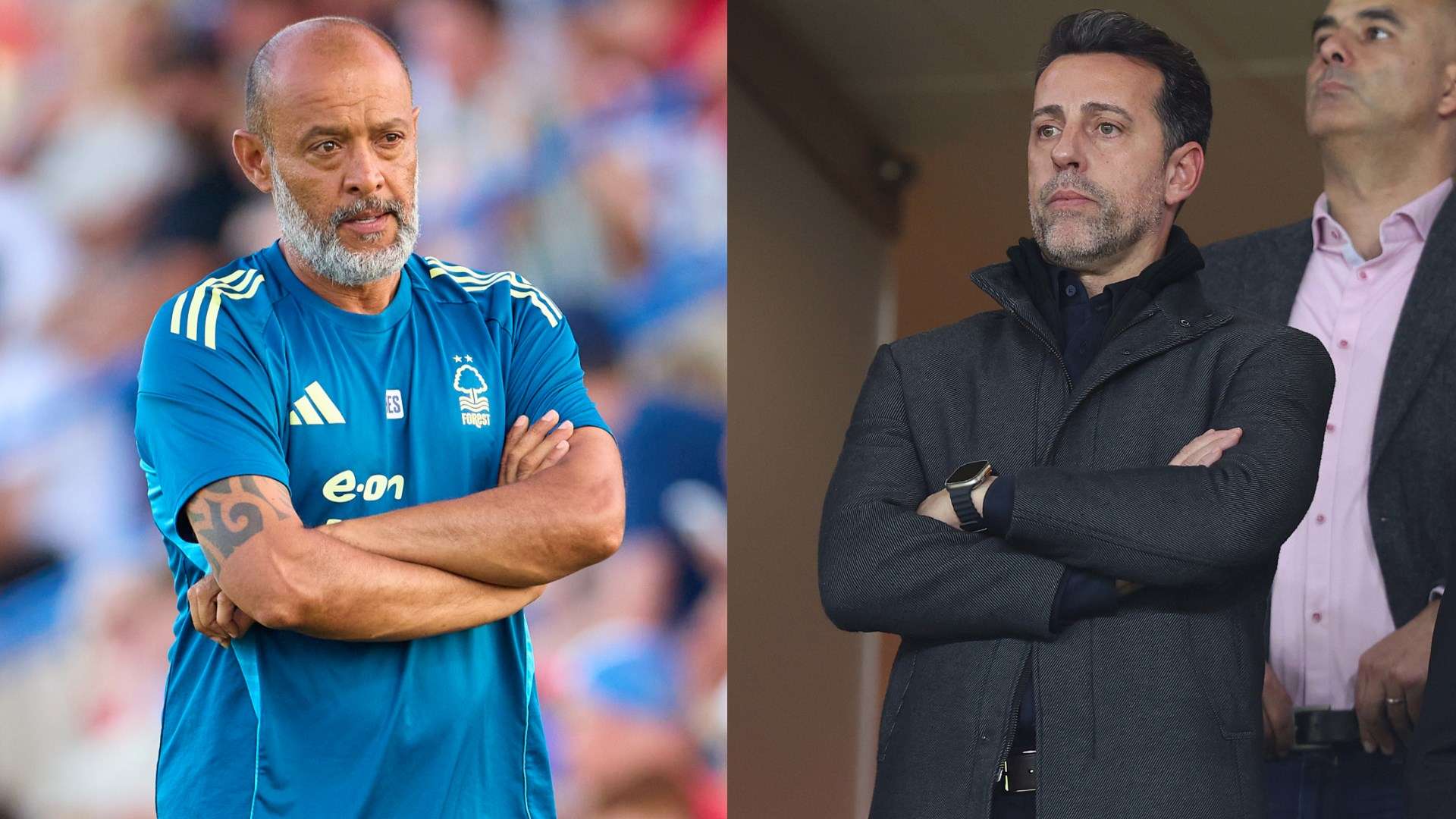
Nuno-Edu
Forest could have gone pragmatic. They could have chased stability with a proven Premier League hand like Marco Silva or José Mourinho. Instead, Marinakis gambled on chaos — appointing Ange Postecoglou, the architect of “Ange-ball.”
It was a bold move. Postecoglou’s teams play with attacking verve and relentless pressing. At Tottenham, he’d delivered silverware, winning the Europa League, but also presided over one of their worst defensive records ever. Still, Marinakis was seduced by the vision — the promise of progressive football, goals, and glory.
But Forest weren’t Spurs. They didn’t have the squad for high-risk, high-line football. Postecoglou had one training session before facing Arsenal — a 3-0 defeat. His insistence on immediate transformation was admirable but naive. “It won’t take months, it won’t take weeks,” he said before facing Swansea in the Carabao Cup. “It will be Wednesday.”
He wasn’t wrong — it was Wednesday when the chaos began.
Forest led 2-0 at Swansea, playing slick, confident football. Then, as if on cue, they collapsed. A late comeback from the hosts made it 3-2. From there, the script repeated itself: early promise, late capitulation. Against Burnley, Betis, Midtjylland — same story. Postecoglou’s teams were beautiful to watch until they imploded.
Confidence evaporated. By the time Chelsea arrived at the City Ground, the atmosphere had curdled from excitement to exasperation. The 3-0 defeat was ugly — the football lifeless. Within minutes of the final whistle, Postecoglou was sacked. Less than six weeks after arriving, he was gone.
Dyche the Firefighter?
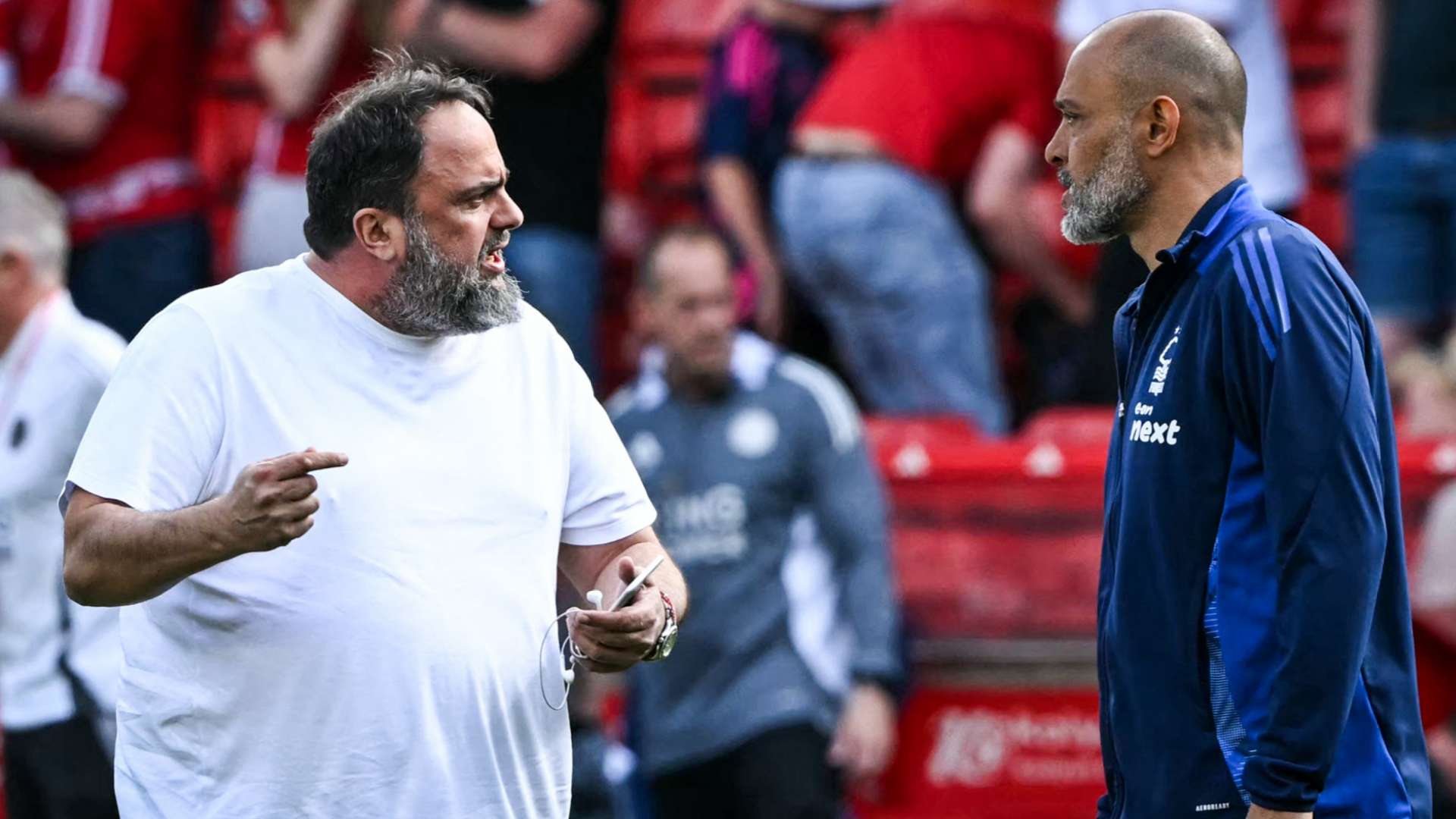
Evangelos Marinakis Nuno Espirito Santo Nottingham Forest
Now, Nottingham Forest are reportedly eyeing Sean Dyche. It’s almost poetic. A man once part of the Forest youth setup under Brian Clough could now return to save his old club from disaster. Dyche isn’t glamorous. His football won’t win beauty contests. But he’s pragmatic, disciplined, and, crucially, knows how to survive.
At Burnley, he turned limited resources into European qualification. At Everton, he kept the club afloat through chaos and points deductions. Dyche commands respect, builds unity, and gets the basics right. That’s exactly what Forest need.
He’d likely bring trusted lieutenants Ian Woan and Steve Stone with him — both Forest legends who understand the club’s DNA. For a fanbase weary of false dawns, Dyche’s no-nonsense style might feel refreshingly honest.
What Went Wrong — and What Comes Next
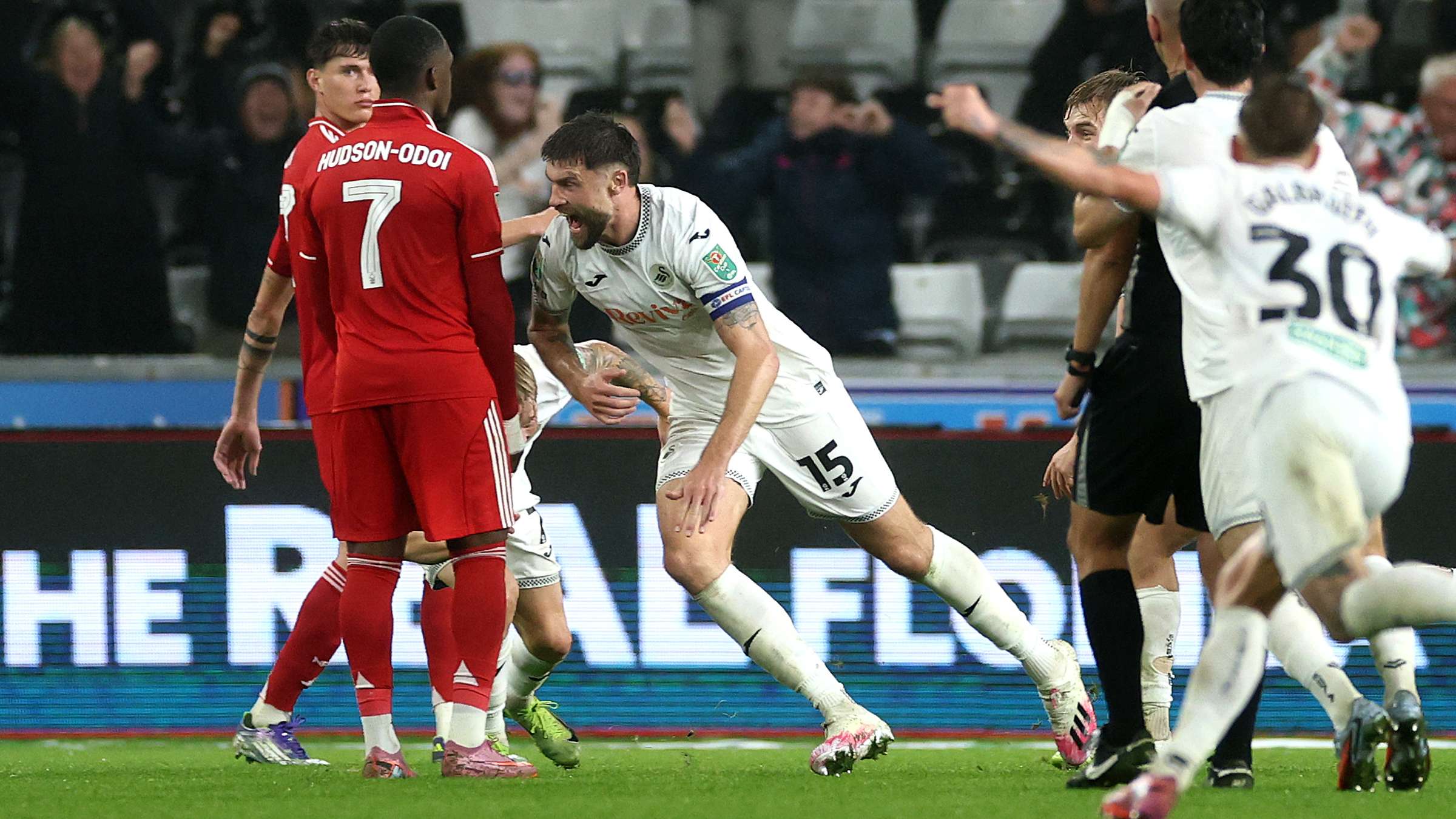
Swansea City v Nottingham Forest – Carabao Cup Third Round
So, how did Nottingham Forest go from dreaming of the Champions League to staring down a relegation fight?
-
Complacency and overachievement. Last season’s run was unsustainable. The numbers were flattering, the margins razor-thin.
-
Poor recruitment planning. A flurry of signings without a coherent tactical plan disrupted the squad’s chemistry.
-
Managerial mismanagement. Two sackings in eight games — it’s chaos even by Forest’s standards.
-
Tactical whiplash. From Nuno’s defensive rigidity to Ange’s free-flowing chaos, the players have been stuck in a philosophical tug-of-war.
-
Lack of leadership at the top. Marinakis’ impatience has created a revolving door that undermines stability.
The task now is clear: stop the bleeding. With key players like Morgan Gibbs-White, Murillo, and Elliott Anderson attracting attention from bigger clubs, Forest can’t afford another collapse. They need direction — someone who can give them structure, belief, and clarity.
Dyche, for all his pragmatism, could be the perfect antidote to the chaos. He won’t promise glamour. He won’t preach philosophy. But he’ll restore order, one hard-fought point at a time.
The Final Whistle
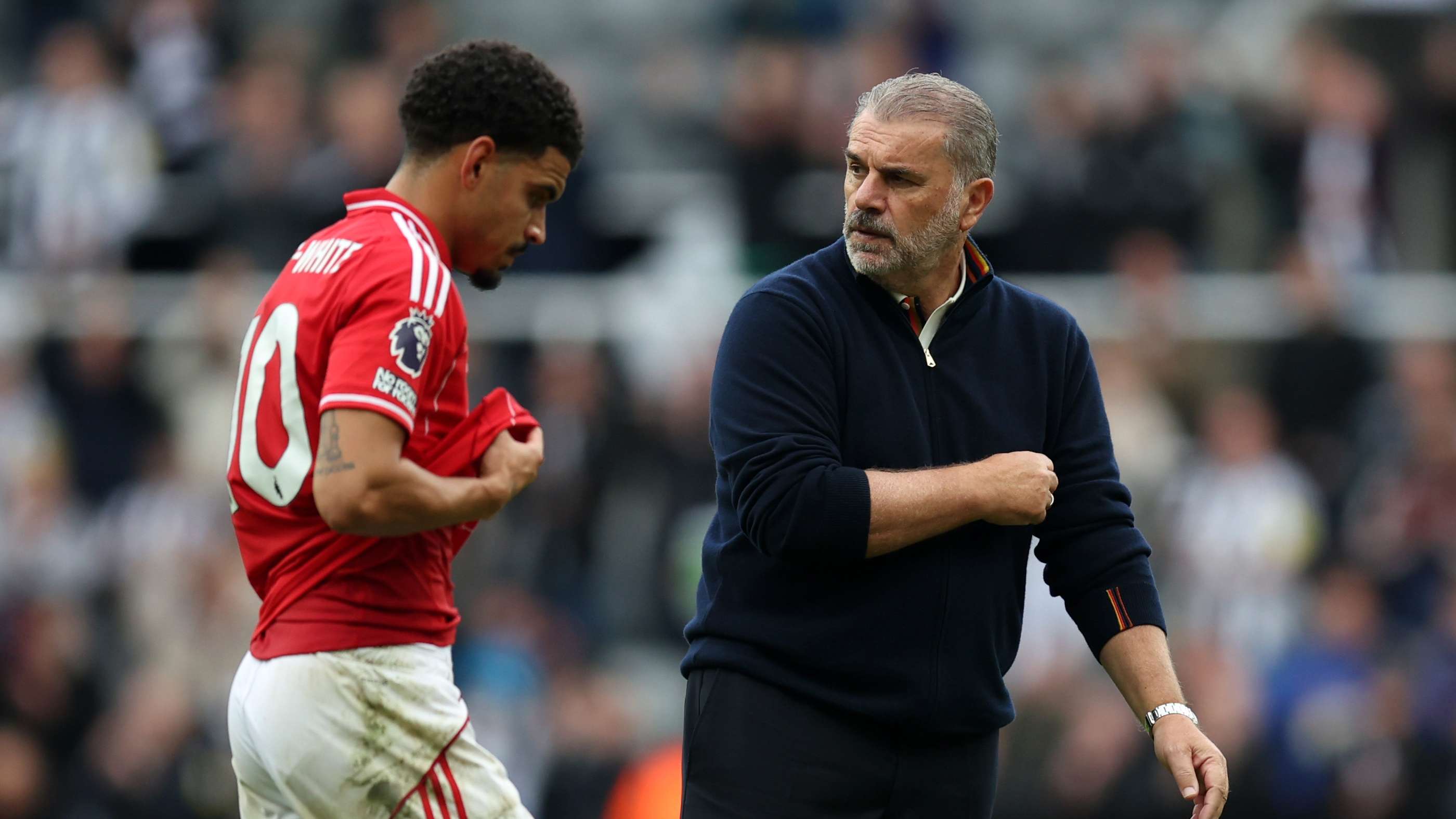
Newcastle United v Nottingham Forest – Premier League
The crisis at the City Ground is as much about identity as it is about results. Nottingham Forest’s story — from European dreamers to Premier League strugglers — is a warning to every ambitious club trying to sprint before it can walk. Momentum can be intoxicating, but without a foundation, it collapses fast.
Whether Dyche comes in or someone else, Forest need to rediscover what made them special last season — unity, discipline, and grit. The party might be over for now, but the season isn’t. There’s still time to save it. The question is whether anyone at the City Ground has the patience and courage to do it the right way.
Because if not, the next headline might not be about a crisis — it might be about a club that once again fell from the Premier League just as it started to dream.


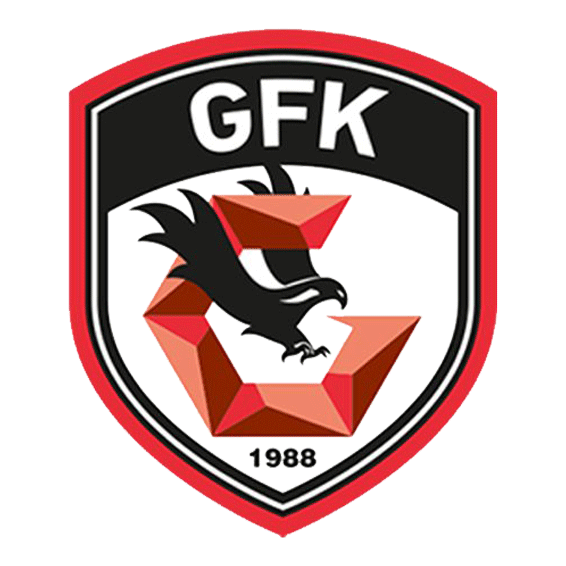
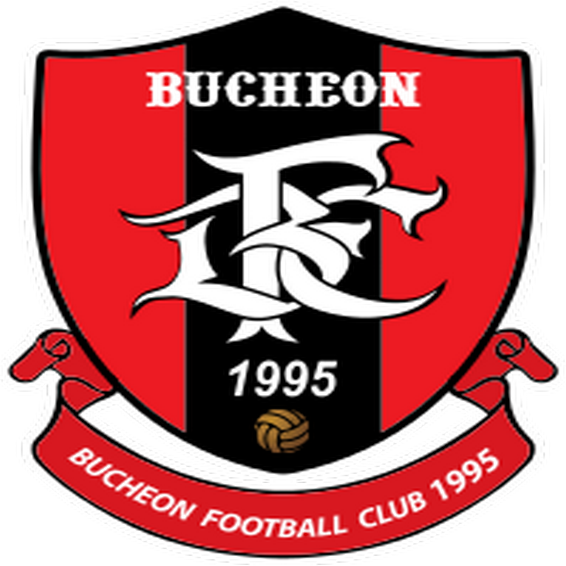

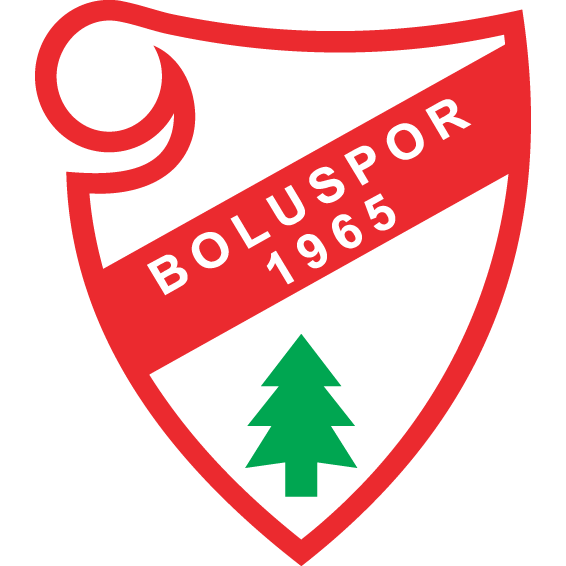

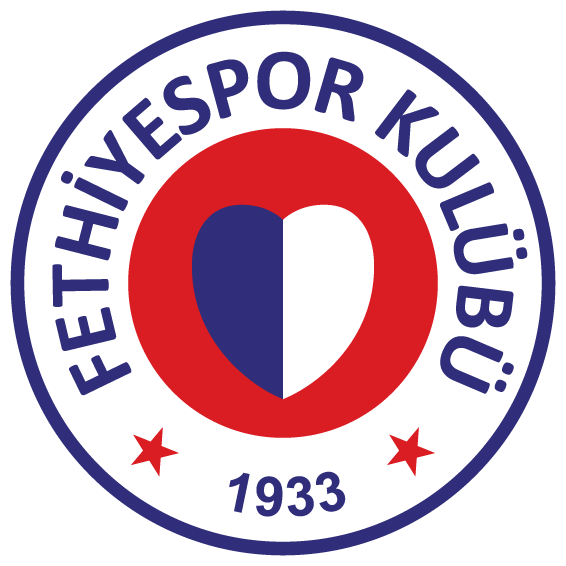






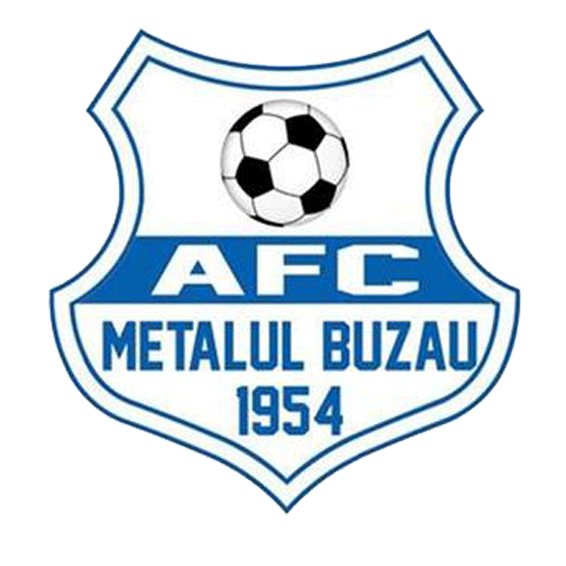




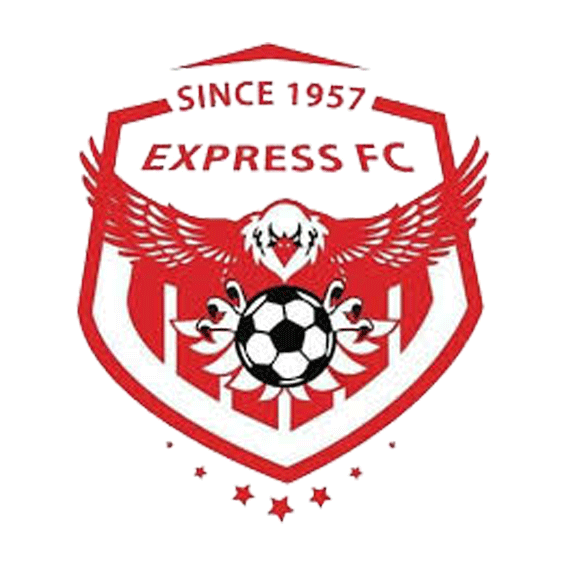


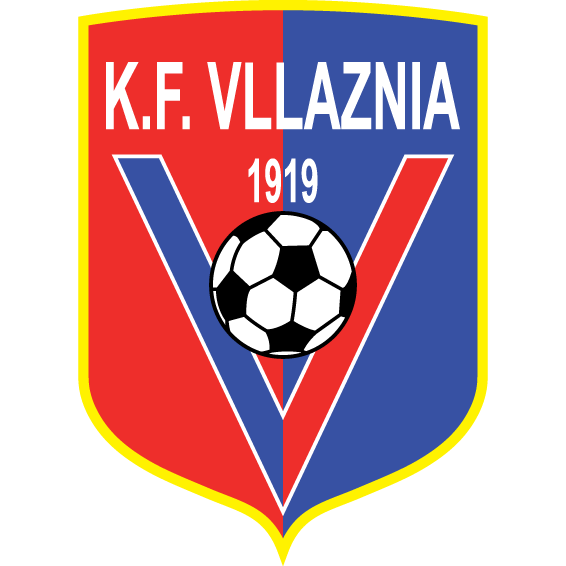


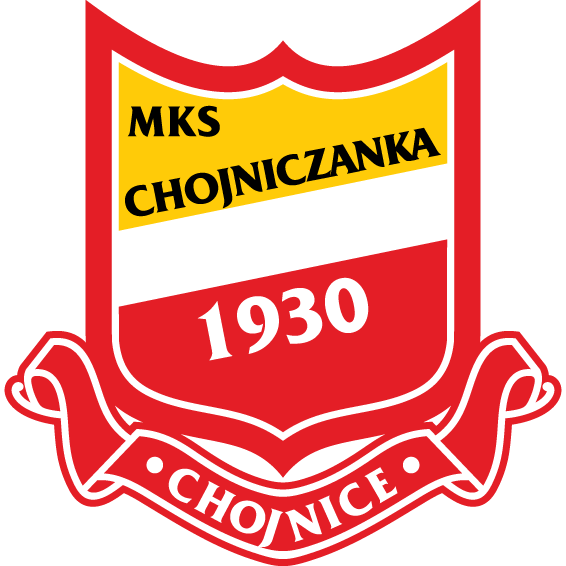
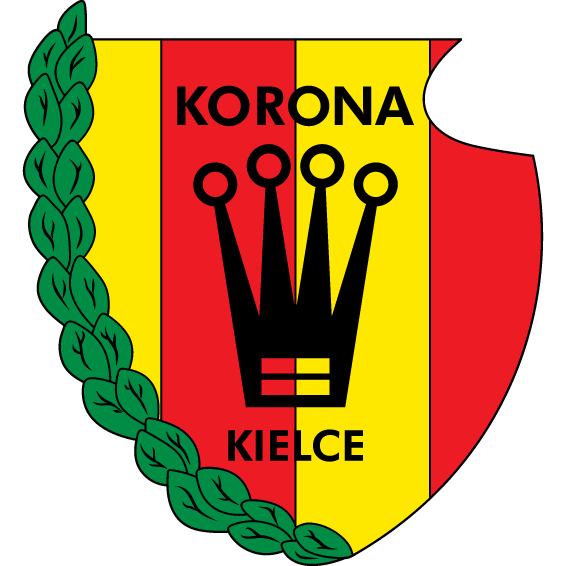
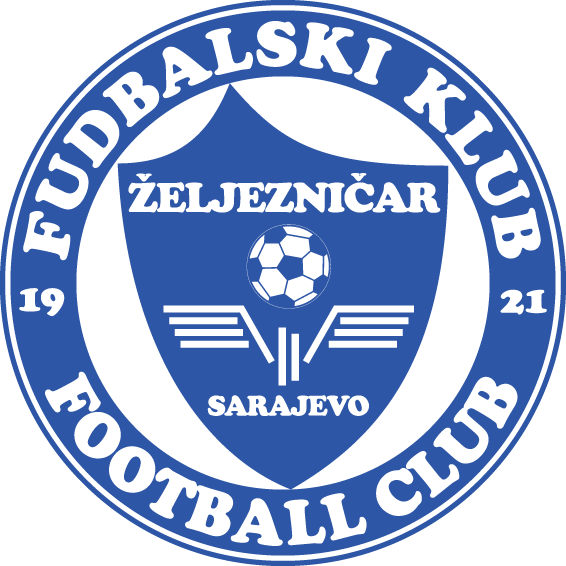
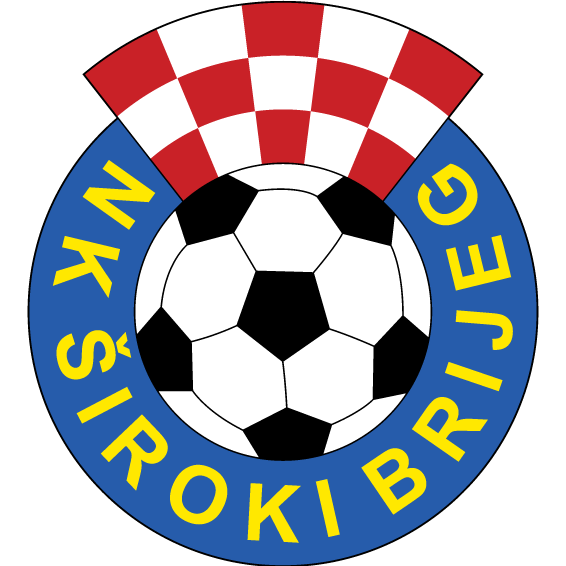
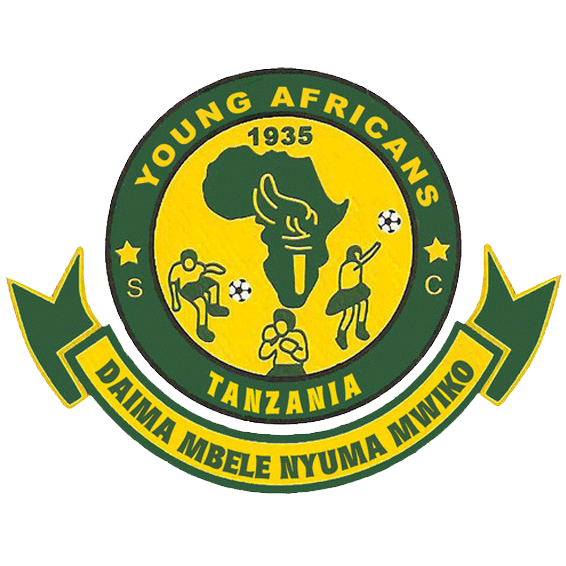









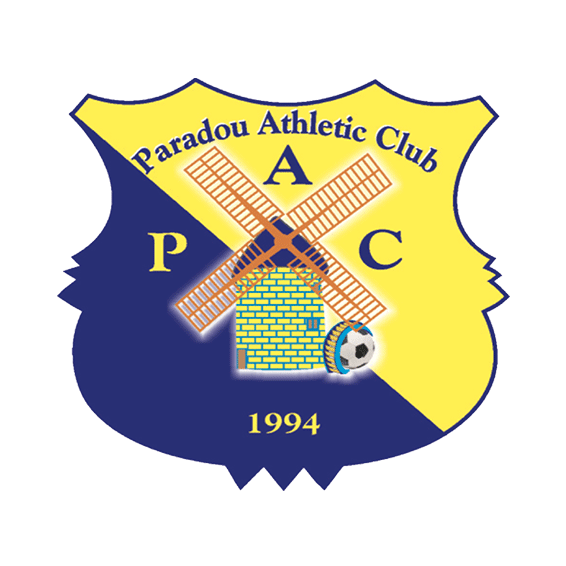



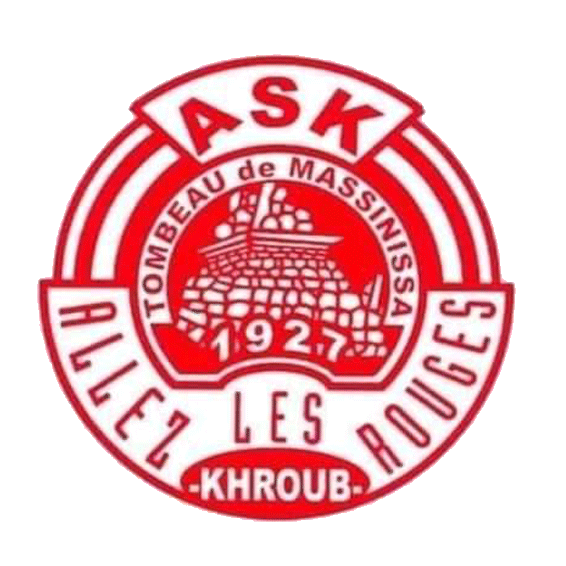
























There are no comments yet. Be the first to comment!